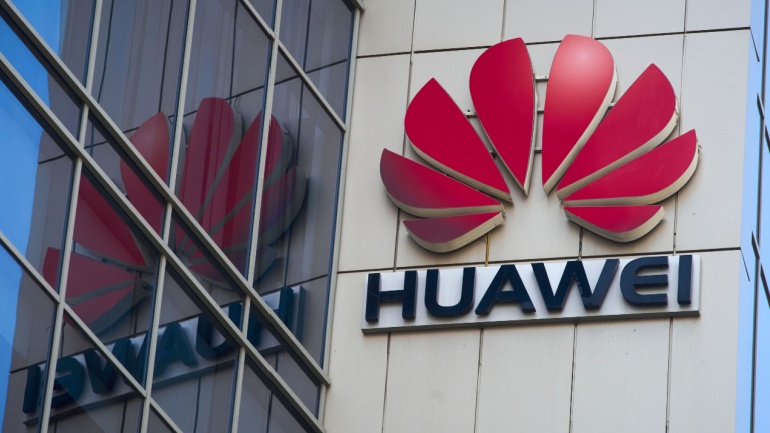Oracle is investing $6.5 billion in AI and cloud services in Malaysia, marking the launch of a new Oracle public cloud region. This addition enhances Oracle Cloud Infrastructure’s reach across Asia Pacific, offering Malaysian businesses advanced AI infrastructure, data analytics tools, and comprehensive VOIP solutions.
BT has unveiled its Global Fabric platform, a cutting-edge network-as-a-service (NaaS) solution designed to support the rising demands in AI and multi-cloud environments. With over 45 Points of Presence (PoPs) across carrier-neutral data centers globally, expanding to 140 locations by 2025, Global Fabric ensures secure, rapid scalability for businesses.
Tessell, in collaboration with Microsoft Azure and NetApp, unveils the first ubiquitous Copilot for Cloud Databases, revolutionizing enterprise-grade database management. This innovative solution offers effortless Database Platform-as-a-Service (PaaS) on Azure, enhanced with Azure NetApp Files for superior cloud storage.
Alkira has expanded its Network Infrastructure as a Service platform to the Google Cloud Marketplace, building on its existing presence in Amazon Web Services (AWS) and Microsoft Azure. This move enhances businesses’ ability to connect users and applications across cloud environments without complex configurations. Deployed within GCP, Alkira offers advanced networking, robust security, and streamlined procurement.
Seagate has expanded its Lyve Cloud Object Storage platform, adding advanced features and extending services to new regions in Europe and Asia. Key enhancements include data lifecycle logic, geo-replication, white labeling, and IP source control. These upgrades aim to optimize costs, enhance operational efficiencies, and support enterprises with scalable, flexible cloud storage solutions.
Qumulo has announced its Cloud Native Qumulo (CNQ) on Amazon Web Services (AWS), designed to manage unstructured data with superior performance, scalability, and cost efficiency. This cloud-native solution tailors to sectors like healthcare, entertainment, and financial services. CNQ leverages AWS S3, ensuring economic data management with elastic performance scalability, suitable for high-demand workloads.
Modal Labs leverages Oracle Cloud Infrastructure (OCI) to enhance AI model efficiency for inferencing, fine-tuning, and batch processing. OCI’s bare metal instances offer significant price-performance benefits, allowing customers to scale AI workloads swiftly while only paying for what they use. This integration aids developers by accelerating code deployment and improving outcomes.
Catalogic Software has unveiled significant enhancements to its CloudCasa solution, elevating backup capabilities, expanding Azure support, and enhancing Amazon EKS features. CloudCasa now supports Persistent Volumes without snapshots and integrates with Azure Arc-enabled Kubernetes clusters. These advancements offer robust data protection and disaster recovery for complex Kubernetes environments.
Huawei is expanding its AI cloud services across the Asia-Pacific region, significantly growing despite US-led sanctions. Their offerings, including Ascend Cloud Service and Pangu large language model, aim to revolutionize sectors like finance and weather forecasting. This strategic move presents exciting opportunities for VoIP engineers and IT professionals.
Australia-based Infoblox recently published an insightful report on the hybrid and multi-cloud maturity of APAC organizations. The report reveals that APAC firms are either lagging or leading in cloud management. Key findings emphasize the benefits of strategic investments and collaboration in hybrid, multi-cloud environments to optimize security and efficiency.













